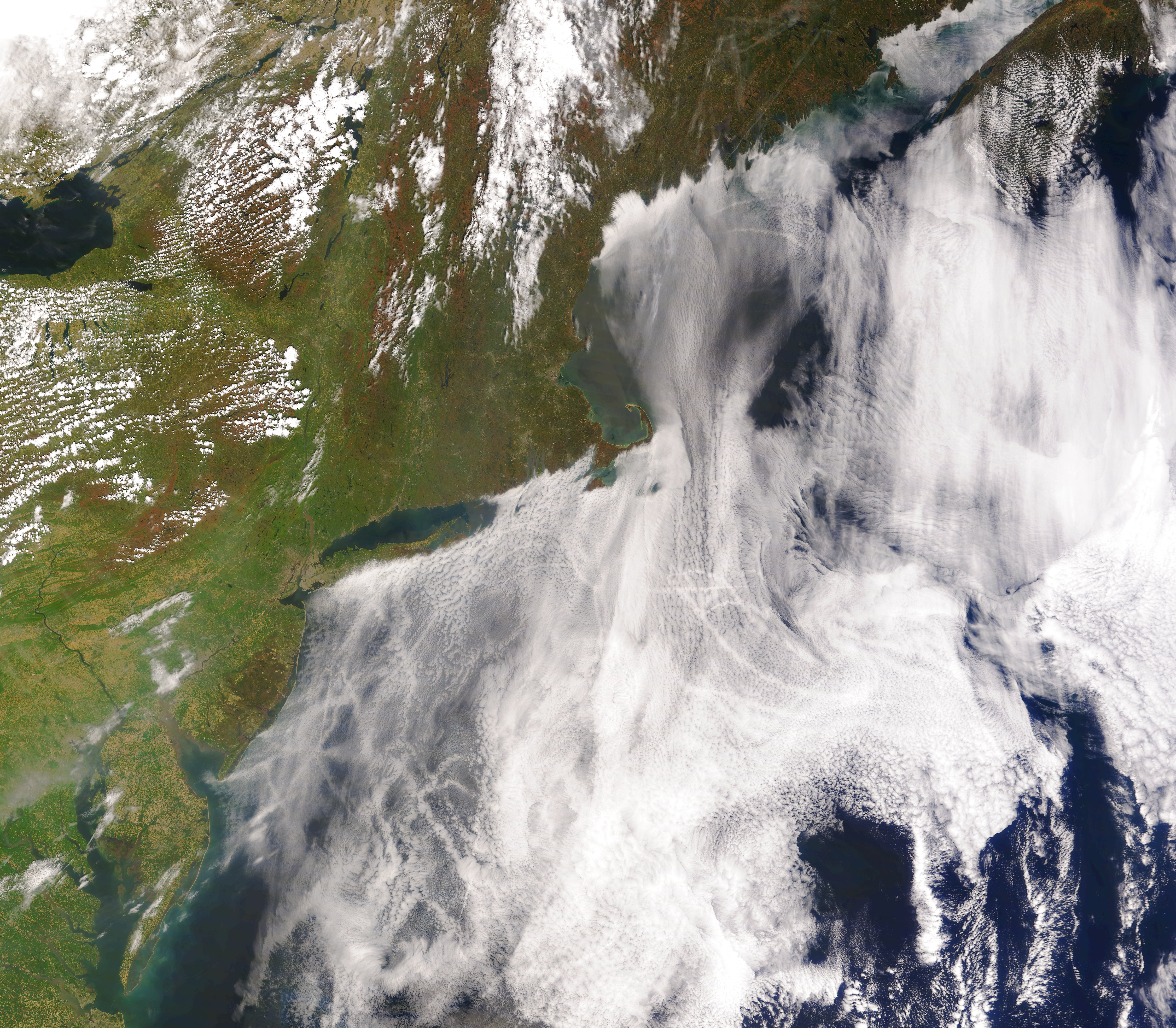Earth-our only home
Our earth supports more than 50 million species[a research quotes "Estimates of the total species richness of the Earth range from 3 – 10 million, with some estimates as high as 50 million."],of which a single species- the humans have made remarkable achievements in terms of sustaining the life, but we've also managed to affect the earth's ecosystem, the habitat of so many species that we are not even aware of. It is time that we accept the truth that we are indeed going to need a vast movement that creates awareness about the state of the earth presently. To understand the problem, let’s see some facts and details that will throw some light on what we can do...because we are the only species capable of reasoning things out and only we can affect the earth as a whole.
http://www.youtube.com/watch?v=t7T7beACtQs
http://www.youtube.com/watch?v=qTSzwI-qmsc&feature=PlayList&p=1094AC235A2209DC&index=11
- Our earth was no more than a planet ,whose atmosphere was filled with toxic gas from volcanoes, scientists predict the age of earth to be around 4.5 billion years[4500000000 yrs], humans have been dwelling the earth for a mere 265000 years but we've managed to change the face of the earth like no other species did.
- The average temperatures have climbed 1.4 degrees Fahrenheit (0.8 degree Celsius) around the world since 1880, and 11 of the past 12 years are among the warmest years since 1850.
- Studies show that Arctic ice is rapidly disappearing, and the region may have its first completely ice-free summer by 2040 or earlier.
Refer following links:

- Based on the report of about 2,500 scientists in more than 130 countries, it was concluded that humans have caused all or most of the current planetary warming. Industrialization, deforestation, and pollution have greatly increased atmospheric concentrations of water vapor, carbon dioxide, methane, and nitrous oxide, all greenhouse gases that trap heat near Earth's surface. It is predicted that sea level could rise between 7 and 23 inches (18 to 59 centimeters) by century's end.
- It is believed that over the past 50 years, humans have changed ecosystems more rapidly and extensively than in any time in human history, mainly to meet rapidly growing demands for food, fresh water, timber, fiber and fuel.
- Carbon dioxide that is getting mixed into the atmosphere [due to humans] is at a much faster rate than what oceans and plants can absorb.
- More than a million species are in threatened of extinction from destroyed habitat, changing ecosystems, and acidifying of oceans.
- The commercial airliners and ships, dump tones of CO2 everyday in the atmosphere.In 2008 alone, U.S. passenger and cargo airline operations required 16.1 billion gallons or approximately 382.4 million barrels of jet fuel. The global jet fuel consumption by commercial airlines for 2008 was 45.8 billion gallons. A Boeing 737 burns about 3,000 liters of fuel and emits 6.5 tons of CO2 every flight hour [predictions are-50,000 flights operate everyday world wide].
Refer following links:

http://earthobservatory.nasa.gov/IOTD/view.php?id=4435
These were some very brief facts about global warming and the effect of humans on earth. To emphasize the fact that humans affect ecosystems indirectly, let’s consider the case of polar bears:
They hibernate during winter and during very early summer, they have to travel through miles of sheets of ice before they can reach the hunting grounds [remember, while they hibernate they don’t have any food for months together] but due to recent global warning, the ice sheets melts sooner that before many polar bears don’t make it in time across the ice. Similarly the habitats and yearly migration cycle of many birds are disrupted.
There is a very long list of ecosystem and habitats that are affected indirectly. So what is so important about some species disappearing? In what way will it affect us? , well if this is the questions in you minds, then you need to read the following facts carefully:
- Coral reefs are special ocean ecosystems where many marine species thrive. Also many more marine species are dependent on it. And coral are very important in controlling how much carbon dioxide is in the ocean water.
- Birds are most useful to humans as destroyers of harmful insects and as consumers of weed seeds. Predatory birds such as the hawk, eagle, and owl are essential because they keep down the populations of rats, mice, and other rodents that would otherwise devour valuable food crops. Birds also pollinate many species of flowering plants.
- “If the bee disappeared off the surface of the globe then man would only have four years of life left. No more bees, no more pollination, no more plants, no more animals, no more man.” Quoted by Albert Einstein.
- Pollinators strongly influence ecological relationships, ecosystem conservation and stability,floral diversity, and evolution. Bees play an important, but little recognized role in most terrestrial ecosystems.
- Plants are the only organisms that can convert light energy from the sun into food. And we are more dependent on plants than we think
http://www.mbgnet.net/bioplants/earth.html
http://www.undp.org/biodiversity/biodiversitycd/bioImport.htm
http://www.vhemt.org/ecology.htm
So what are the measures of curbing global warming? How can one make a greener living just by following simple steps? Well you can virtually get millions of web links to explain the above questions ….here are a few:
http://www.associatedcontent.com/video/143587/what_is_global_warming.html
http://www.fightglobalwarming.com/page.cfm?tagID=274
http://www.conservation.org/act/simplesteps/Pages/simplesteps.aspx
Some links to get you started rightaway:
A movie that will show you the richness of earth and the impact of seasons on animals
http://www.youtube.com/watch?v=qicARYcTe6w&feature=related
This is a movie that shows the alarming effect of humans on earth
Other helpful sites:
http://www.dothegreenthing.com/
Like it on Facebook, Tweet it or share this article on other bookmarking websites.

